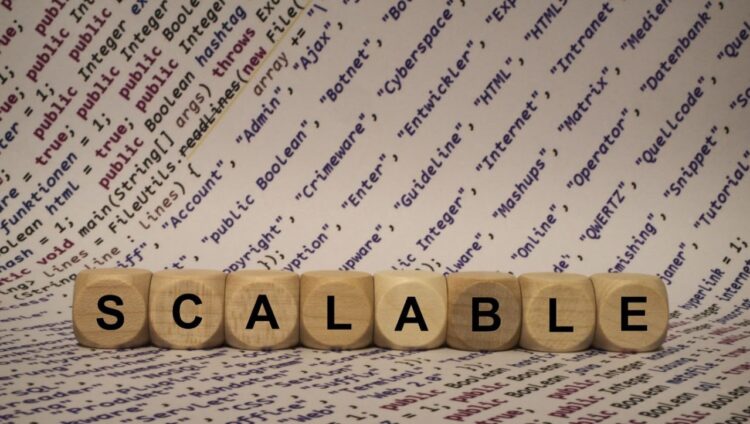In a recent Twitter thread, Steven Goldfeder addressed the story circulating that claims ZK Rollups will be able to accomplish everything that Optimistic Rollups can do and additionally do it all better. According to steven, they are only waiting for ZK rollups to be ready, but as soon as they are, steven believes they will win against them easily and decisively.
There's a narrative out there that ZK Rollups will be able to do everything that Optimistic Rollups do but better.
The way this story goes is that we're just waiting for ZK rollups to be ready, but as soon as they are, they win hands down.
Let me tell you why I disagree 🍿🧵
— Steven Goldfeder (💙,🧡,🖊️,🦀) (@sgoldfed) January 29, 2023
Steven: ZK RollUps aren’t all what you think they are
There is now no zkEVM being manufactured anywhere in the world in Steven’s view. Steven claims they have been assured repeatedly for the last several years that it would be there in three to six months, but that time frame never seems to come any closer. The available evidence suggests that ZKRUs are more costly than ORUs and less compatible with one another.
Steven adds that a production version of zkEVM, recently added to Polygon’s mainnet, exists and offers comparable pricing and compatibility with ORUs.
On why he has faith that Arbitrum’s technology will prevail, steven makes a remark that, at first glance, would seem to be contentious. According to him, the equivalent of EVMs serves as the minimum standard, not the maximum. Optimistic rollups and arbitrum, in particular, offer significant benefits over ZK rollups, which is one of the areas in which they excel above ZK rollups.
Steven further clarifies that the rollup team known as Arbitrum was the first to understand the significance of having complete interoperability with the EVM.
“If you go back in time two years, we were the only ones I knew of who were working on this project.”
The Arbitrum stack is the only constructed EVM equivalent rollup (ORU or ZKRU) currently being used in production, despite the fact that others are actively developing an EVM rollup.
However, even though Steven claims to recognize the need for EVM-compatible rollups and even pioneered the concept, they now realize that the EVM equivalency standard is the floor (very significant) but not the ceiling (there is much more that we can do). Steven is sure the EVM and Arbitrum are and will continue to be entirely interoperable with one another, and it will not change.
Steven has a few suggestions
Steven, after the long thread, made a couple of suggestions. He suggests they can do many things to enhance the EVM (also known as EVM+), which will allow them to make Arbitrum more accessible to a larger variety of consumers and developers.
Steven claims their core agenda is whether they can be equal to EVM while still providing greater affordances for devs who aren’t using EVM and whether it is possible for them to add support for non-EVM contracts (for example, Move or Rust) in a single synchronous execution environment that already supports EVM contracts.
Whether they can provide bespoke pre-compiles, which would provide developers with cheaper pathways rather than going via the EVM for often repeated, costly, or cryptographic operations, is another additional query worth noting when it comes to development.
Steven affirms that in Arbitrum, they can (and will!) do so, which is the solution to these and many other questions.
“The Arbitrum stack has been the focus of a lot of hard effort from our team as we introduce some great new features,” Steven concluded.










